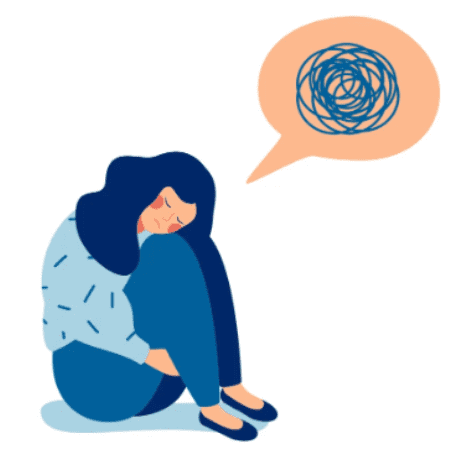Diabetes burnout is a state of emotional exhaustion and frustration that individuals with diabetes may experience when managing their condition. It often leads to reduced adherence to self-care routines and can have a negative impact on overall health. Seeking support from healthcare professionals and finding coping strategies are essential in managing diabetes burnout effectively.
DIABETES BURNOUT

This is called a “burnout”. Nowadays, this common word is used in the professional or medical world to describe physical, mental and emotional exhaustion, bordering on what could be an underlying depressive illness.Diabetes burnout is a state of disillusionment, frustration, and submission to diabetes. It’s when you become overwhelmed with the responsibilities involved in having Managing type 2 diabetes and type 1 diabetes is not an easy task.
Symptoms of diabetes burnout
- feeling like diabetes controls your life
- negative emotions related to diabetes, such as frustration, anger, resentment, hopelessness, or overwhelm
- a sense of defeat or failure
- a lack of motivation to follow treatment plans, even if you’re worried about your health
- isolation or feeling like no one understands what you’re going through
Diabetes Stigma
Stigma can be a major challenge for people with diabetes. Diabetes stigma exists everywhere, including in the family, school, workplace, and healthcare setting, and it prevents people from seeking care and managing their physical and mental health. Stigma can be external, which means it comes from other people and society, or it can be internal, meaning it comes from yourself.
External stigma can range from a person with diabetes feeling shame when someone asks if they “really need another cookie,” to a person with diabetes being passed over for a job promotion in part because of their health. Internal stigma can happen when a person with diabetes feels guilty about eating something in the privacy of their home, or when checking blood sugar levels feels like a test
What is the impact of diabetes stigma?
- Stigma and prejudice may result in worse self-care and diabetes management.
- People with diabetes report feelings of fear, embarrassment, blame, guilt, anxiety, and low self-esteem as a result of being stigmatized.
- Negative emotions can result in depression and higher levels of stress.
- People with diabetes have reported avoiding social activities injecting insulin only in public restrooms or at home.
Stress burnout
Depression and Diabetes
Diabetes and mental illness affecting approximately 8.3 % and 10 % of the total world’s population, respectively a degree of comorbidity between diabetes and depression is to be expected.
Depression is a serious mental health condition. It can affect anyone, regardless of culture, background and family history. It causes you to feel bad about yourself, your life and your relationships.
If you have diabetes either type 1 or type 2 you have a higher risk of developing depression.
How they’re related
Diabetes can also make your depression worse. There are lots of different reasons for this, such as:
- Feeling guilty for not managing your diabetes properly.
- Not wanting to inject or test in public.
- Feeling ashamed of your diabetes.
- Having a hypo in the night can make your sleeping pattern worse.
- Worrying about your diabetes most of the time.
How to beat diabetes burnout

Accept your feelings
When you’re feeling burnt out, you might be tempted to push through, ignore your feelings, or bash yourself for not following through with treatment plans.Diabetes self-management programs
Diabetes programs that focus on behavior can help people control their metabolism, improve fitness levels, and manage weight loss and heart disease risk factors.Join a support group
Another way to address diabetes burnout is by finding ways to connect with other people with the condition. Building relationships with those who “truly get you” gives you the opportunity to share your hardships and successes. Consider tapping into a diabetes support group, either in person or virtually, to exchange tips and tools for managing diabetes and fighting burnout.Medications and lifestyle changes.
Medications — for diabetes, stress and depression — and lifestyle changes can improve both conditions. Options include different types of therapy along with regular exercise.PsychotherapySimilarly, people who participate in psychotherapy, especially cognitive behavioral therapy (CBT), can improve their Psychological burnout. This can help them better manage diabetes. Psychologist should be able to access CBT through our telehealth service Mentor Health.BECAUSE YOU HAVE
DIABETES. MAKE OF WHAT YOU
Fill out the form and we’ll be in touch as soon as possible.